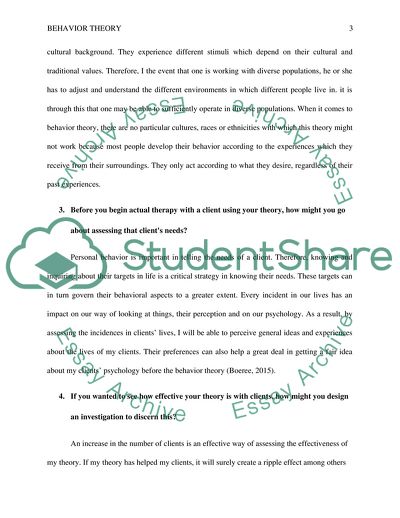Cite this document
(Behavior Theory as as the Core Subject Assignment, n.d.)
Behavior Theory as as the Core Subject Assignment. https://studentshare.org/psychology/1858234-comprehensive-essay-behavior-theory
Behavior Theory as as the Core Subject Assignment. https://studentshare.org/psychology/1858234-comprehensive-essay-behavior-theory
(Behavior Theory As As the Core Subject Assignment)
Behavior Theory As As the Core Subject Assignment. https://studentshare.org/psychology/1858234-comprehensive-essay-behavior-theory.
Behavior Theory As As the Core Subject Assignment. https://studentshare.org/psychology/1858234-comprehensive-essay-behavior-theory.
“Behavior Theory As As the Core Subject Assignment”. https://studentshare.org/psychology/1858234-comprehensive-essay-behavior-theory.


